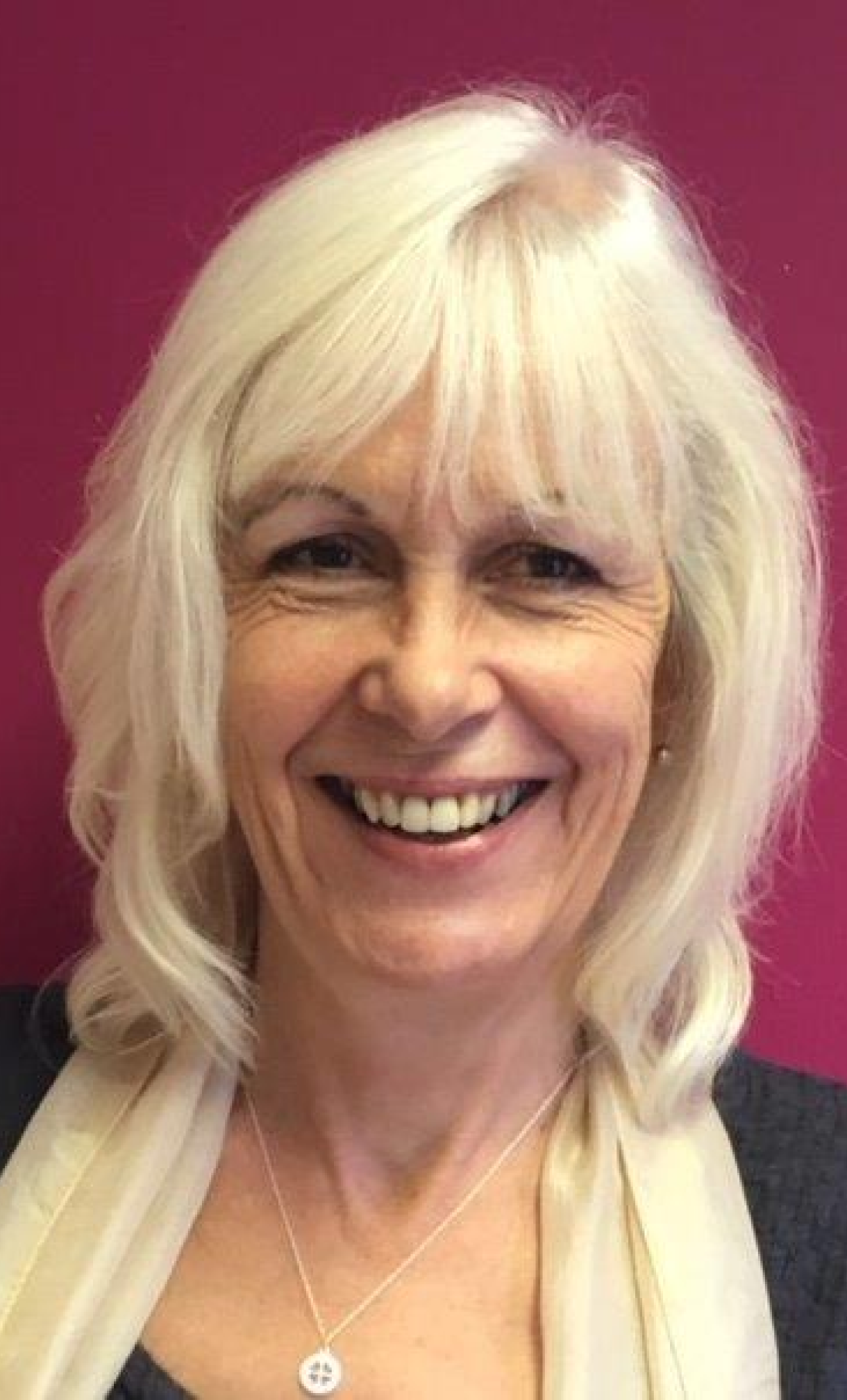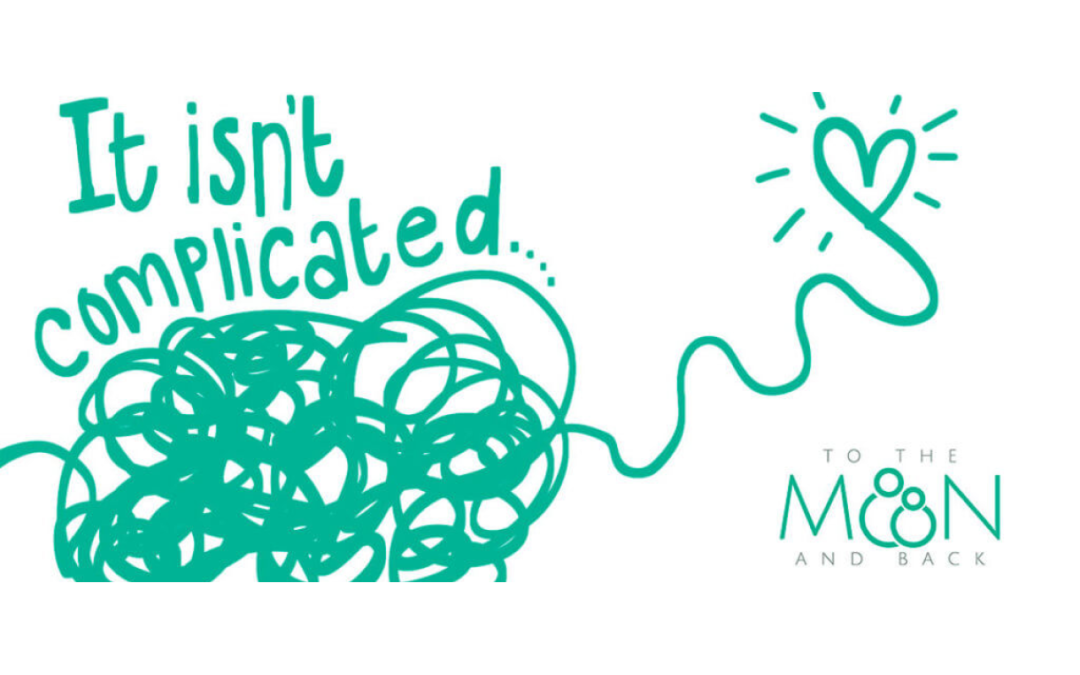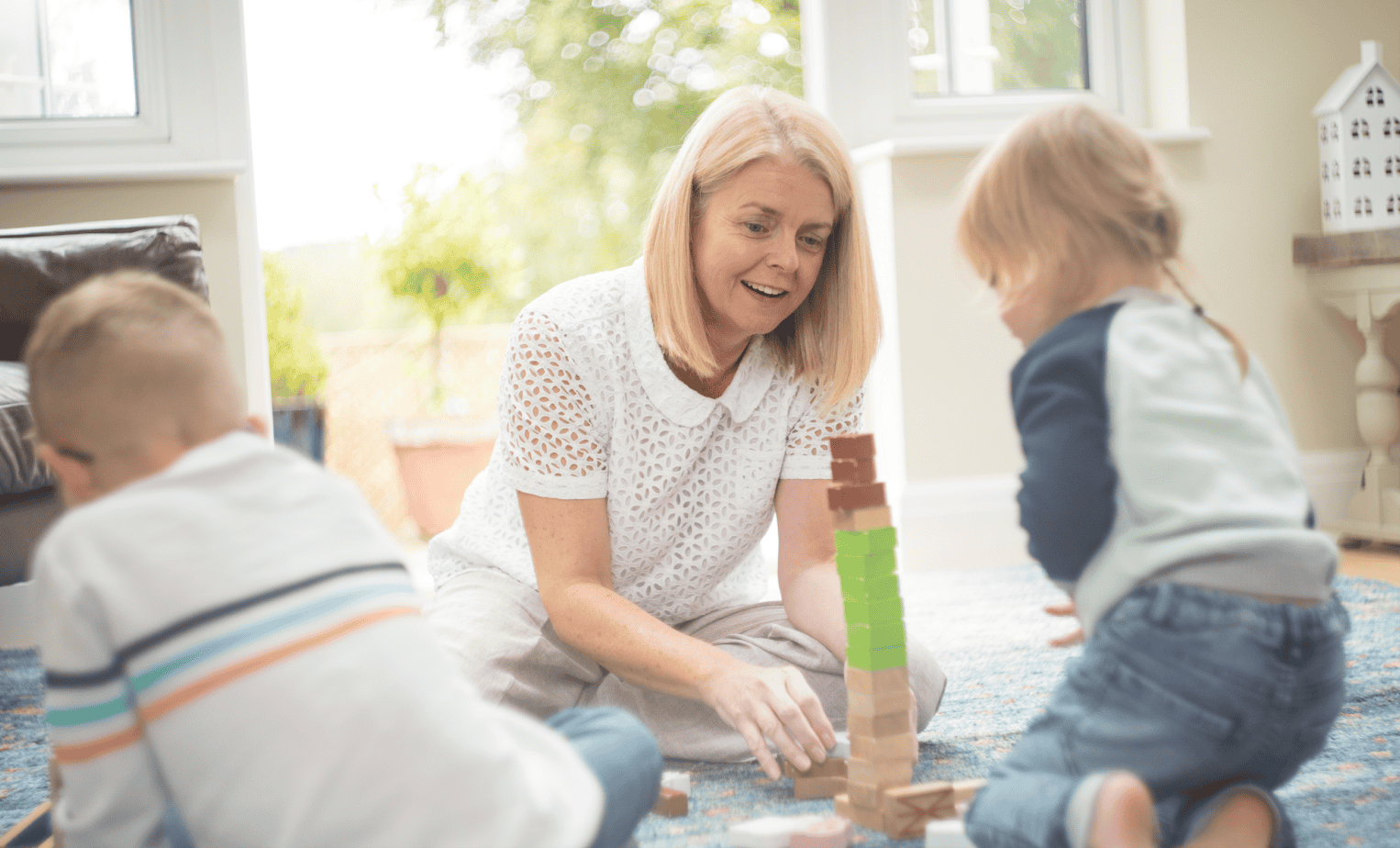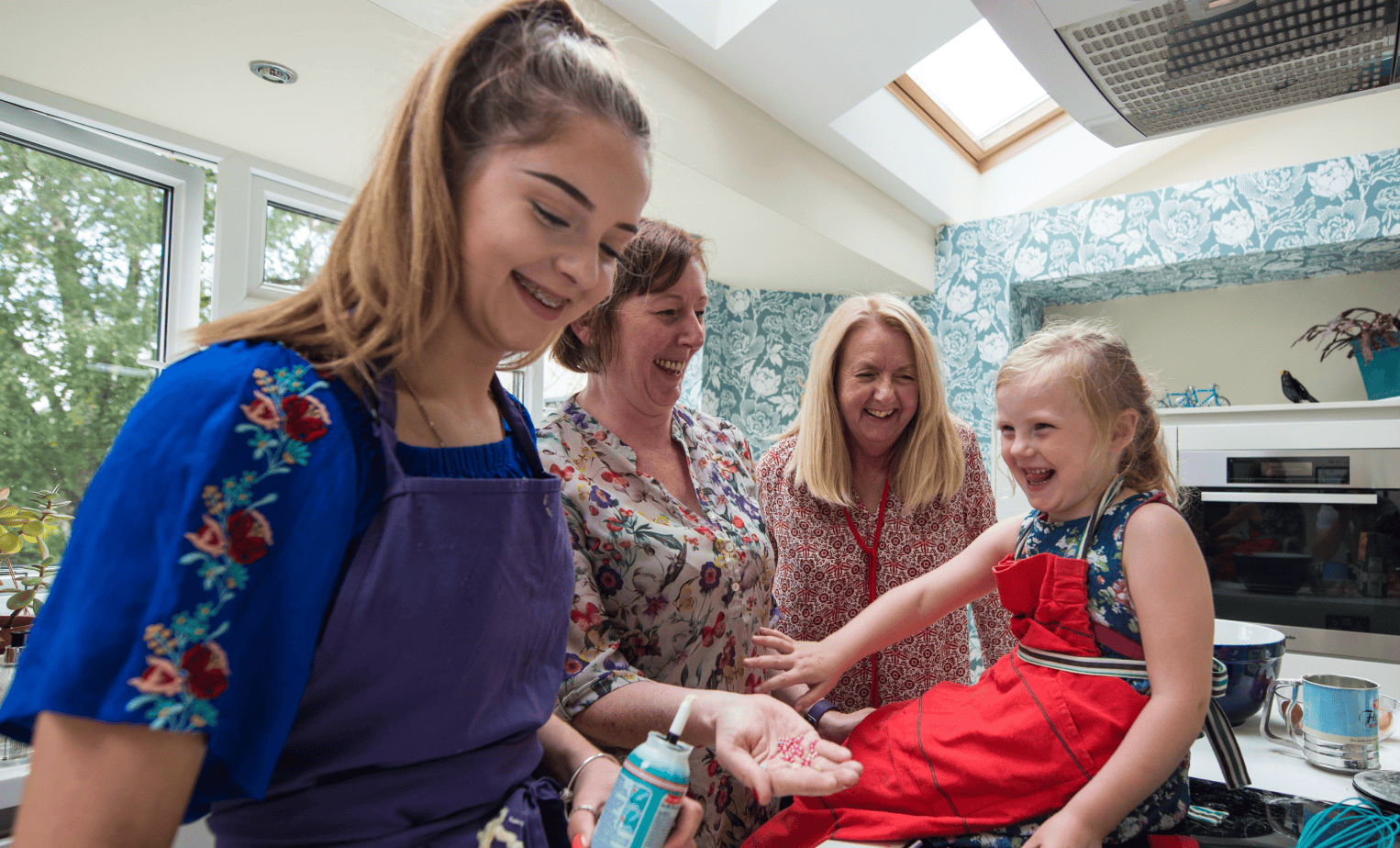We advocate strongly for our foster carers as required and support them to be the best version of themselves. Meetings that involve the bigger team around the children in our care take place regularly, it is part of my job to ensure that the foster carers are involved and consulted. The meetings might be about the child’s school, the child’s mental health or involve a general review and they might include quite a few people. The foster carers are usually very accommodating when I change appointments to fit something else in, but I hope they know that I would do the same for them. We are always having to prioritise and assess risk; it’s a big part of my role.
I see my role as supporting our foster carers which involves building a great relationship with them and ensuring that they see me working alongside them so that they are successful in their role. We all work together as part of a bigger team around the children in our care and this involves being able to coordinate meetings and offer support to our foster carers at short notice if needed. I update my To the Moon and Back Foster Care colleagues of any changes and we offer one another support. I know that we are looking out for each other, as our job can be stressful at times, and ensuring we feel we are at our best is important for our foster carers and of course, the young people who rely on us.
Travelling can be challenging; the traffic on Mondays and Fridays is usually heavier than other days which means I have to leave earlier and that might mean I need to take food to eat in the car. I always try to eat well; I appreciate the positive impact of healthy eating on my wellbeing, but sometimes chocolate biscuits are just what I need. The radio and audio books are good companions and hands-free means I can call foster carers to catch up too. I normally speak with foster carers at least once a week. It certainly helps having a manageable caseload. At To the Moon and Back Foster Care we operate at no more than 10 foster families per Supervising Social Worker and that works well. It gives me the time to work individually and build on my relationship with foster carers and their families. I feel I can stay in close touch with the families I support and have time to be with them if they need me. I endeavour to get to know the children in our care really well. The children have their own social worker, but my job is to work together with them and support care plans so that we achieve the best outcomes we can for the young people in our care. Their stories are both heart-breaking and inspiring.
If I am going to see one of my foster families, there is always a nice cup of tea and in many cases other treats awaiting me. My foster carers offer great hospitality, even when it extends to quite a number of people, as others from the local authority and health team often need to meet at the foster carers’ house too. I have never been to a foster carers house where there isn’t a warm welcome and good coffee to be had.
I work remotely a lot of the time, which can be a bit lonely, so I will usually speak to my team members on the phone at least once a day, often more than that. We catch up on what is happening, and I seek feedback and advice to identify how improvements can be made. Working reflectively is a proactive way of working, which relies on being able to speak openly and be open to challenge if needs be. Our organisational values are very important to us all; they are one of the reasons I joined the organisation. Usually every week at some point we are all in the office together and can grab a Panini or a piece of cake in our office café and have a general catch up.
I provide supervision formally for my foster carers every month. This is a great time for reflection and an overview of what might be able to be done differently. I support them by looking at their wellbeing too; we have to make sure that foster carers put their own oxygen mask on first before helping others. It’s important that we recognise early on where extra support might help the foster carers to succeed in their role. This helps us, as a team, to prevent a crisis happening out of hours and also to help equip the foster carers to deal well with challenges that arise. I share interesting articles and snippets of research to update my foster carers. The development of foster carers is a big part of my role. I work to help the foster carers to reflect on the impact of what they are doing every day with the children. I help them when they are presenting as tired, as often they do not see that themselves and they are so dedicated that they will just keep going. I often have to stop them and say you need some time for yourself.
We get together as a group too. Group supervision is a great time for foster carers to share experiences and support each other. There is always lots to talk about and I recommend that foster carers prioritise the attendance of group supervision, as the collective experience in the room is rather special and everyone comes away with something. What is really important is that foster carers feel they have a good relationship with me, so that they feel safe and secure and part of something where they feel respected and valued. We ask our foster carers to provide a secure base for the children. Our job, in turn, is to provide a secure base for them.
I have to capture everything that has been said and done as part of the day. It is important to evidence conversations and actions taken on behalf of our children and our foster carers. When documented, the evidence can be seen as progress that has been made towards our goals and aims for the children and contributes to the bigger picture, which can be added to by other members of the team around the child. I work positively to see what might lie ahead and use my many years’ experience and knowledge to prevent a crisis where I can. I am not one for typing at my laptop whilst I am with foster carers; our conversations are often very heartfelt and meaningful, so typing whilst trying to listen and put people at ease, is not something I can do. I would rather make notes and type everything up later.
The end of the day normally involves a check on the diary for the next day and responding to emails from the various people involved in our day to day work with children. I like yoga, watching films, reading and spending time with my friends, all of which help me to maintain my sense of wellbeing. I take my self-care very seriously. I want to be the very best version of myself that I can be. So many of my colleagues have suffered stressful episodes from time to time because social work is so much more than a job, it is a way of life. But I wouldn’t have it any other way.
Useful resources:
Link to Hiring Supervising Social Worker



